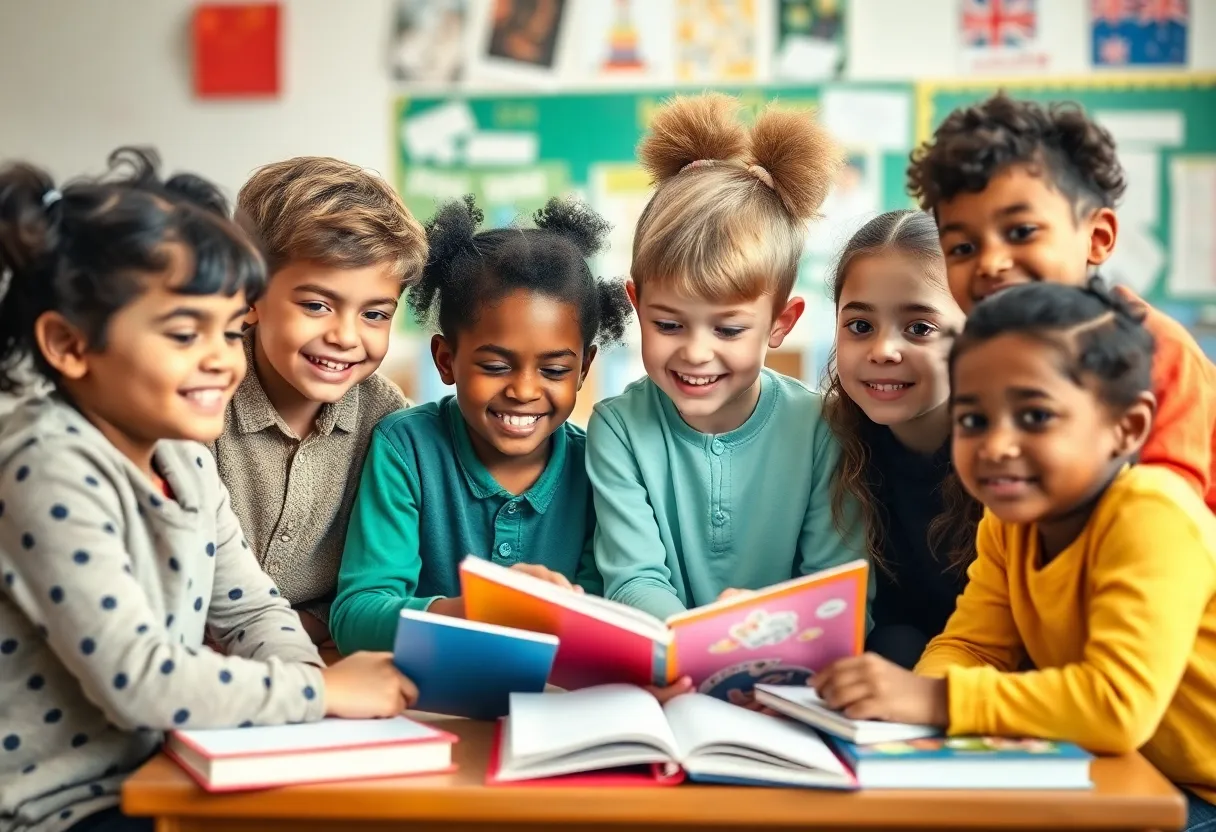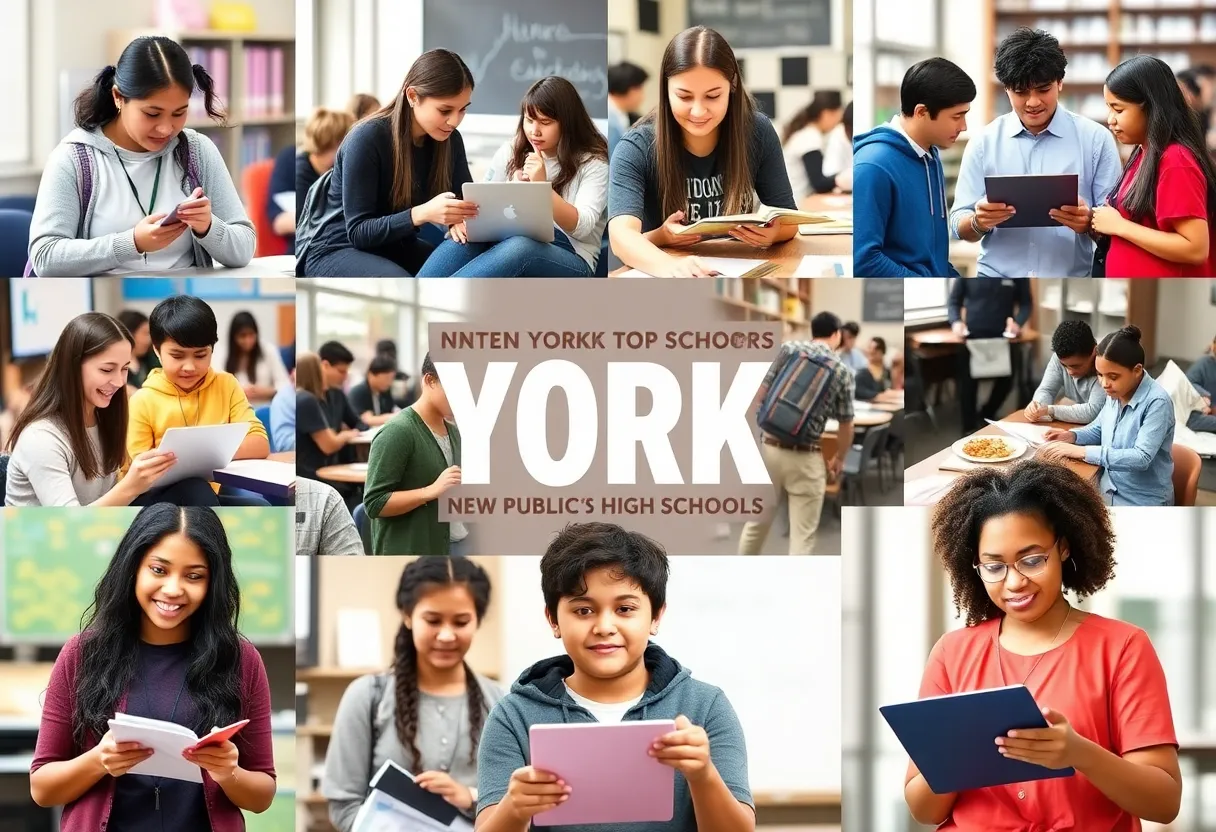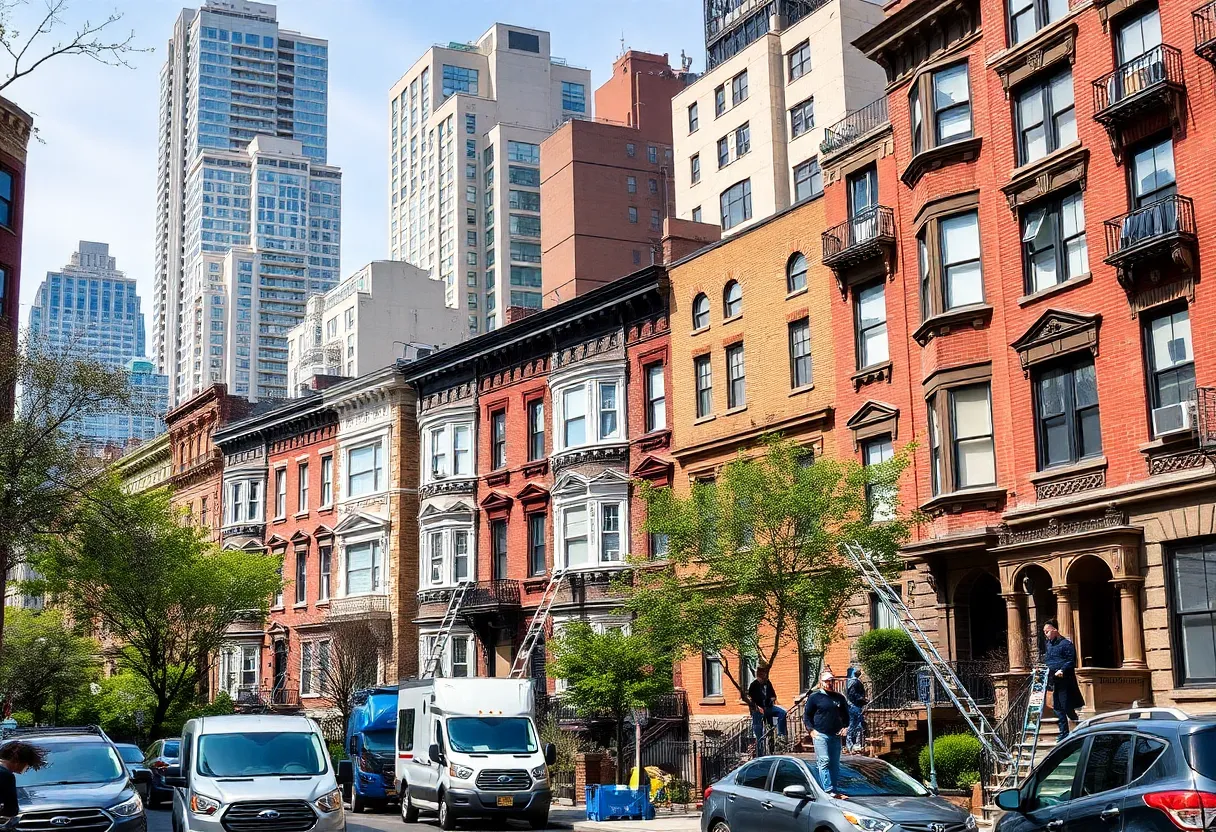News Summary
Former President Barack Obama has expressed concerns over the political polarization that affected discussions on school closures during the COVID-19 pandemic. He noted that crucial evidence on the importance of in-person schooling was often neglected amid the highly charged debates. Experts increasingly emphasize the detrimental impacts of extended school closures on student learning and social development, advocating for a reassessment of these decisions to address the ongoing educational challenges and mental health implications for families.
Chicago – Former President Barack Obama has raised concerns about the political polarization that hindered discussions surrounding the necessity of school closures during the COVID-19 pandemic. He indicated that critical evidence suggesting the importance of in-person schooling was overlooked amid the heated debates that framed the issue as a clash between political ideologies.
As the pandemic first reached the United States on January 30, 2020, the Centers for Disease Control and Prevention (CDC) quickly responded by encouraging nationwide school closures by the end of March 2020. By mid-September 2020, it was reported that about 60% of U.S. schools were operating fully virtually, while 20% maintained traditional in-person schedules, and another 20% employed a hybrid model combining both virtual and in-person classes. Throughout 2021, many schools, particularly in Democratic-controlled states, operated under reduced schedules, implementing mask mandates and social distancing to mitigate virus spread.
Obama remarked that the pandemic discourse became overly politicized, which stifled constructive dialogue regarding school openings and the pressing need for childcare solutions for working parents. His previous critiques of the federal government’s pandemic response, describing it as an “absolute chaotic disaster,” indicate his concern over the management of the crisis, including educational repercussions.
A growing consensus among educational experts has highlighted the significant negative impacts of school closures on children’s education and social development. Research emerging from various studies has illustrated that these closures did not effectively curb the spread of COVID-19 but contributed to lasting academic setbacks for students. A report published in March 2024 indicated that the lengthened school closures had minimal effects on virus transmission but resulted in pronounced negative consequences for students’ learning experiences and academic performance.
Data from The National Assessment of Educational Progress (NAEP) revealed sharp declines in reading and math scores for high school students when compared to pre-pandemic levels in 2019. Further analysis from a McKinsey report indicated that by the autumn of 2020, students had retained only 67% of the math curriculum that was expected in a normal school year, underscoring the educational losses endured during closures.
Obama called for a reassessment of the pandemic’s impacts on schooling, emphasizing the necessity of opening schools sooner to accommodate the needs of families requiring childcare. He acknowledged the complexity of balancing public health concerns with the social consequences of prolonged educational disruption and the vital importance of recognizing the validity of differing perspectives regarding pandemic protocols.
As communities continue to navigate the aftermath of the pandemic, the discussion around education remains paramount. Addressing these educational challenges and the mental health implications for students and families will play a crucial role in recovery efforts moving forward. Given the extensive impacts unveiled by research, the focus on restorative education policies and strategies will likely gain urgency in ongoing conversations about the future of American schooling in the post-pandemic landscape.
Deeper Dive: News & Info About This Topic
HERE Resources
Federal Judge Dismisses Trump’s Defamation Lawsuit Against The New York Times
Hochul Endorses Gerrymandering for New York Democrats
New York Governor Kathy Hochul Challenges Gerrymandering
Historic Tax Credit Secured for New York Journalism
Additional Resources
- Unherd: Barack Obama on School Closures
- WAPT: Jackson Public Schools Concerns
- LAist: School Closures in LA
- Jsonline: Potential School Closures in Milwaukee
- Next Pittsburgh: School Changes in PPS
- Wikipedia: COVID-19 Pandemic in the United States
- Google Search: Impact of School Closures Due to COVID-19
- Google Scholar: Educational Impact of COVID-19 School Closures
- Encyclopedia Britannica: Education
- Google News: School Closures COVID-19
Author: STAFF HERE NEW YORK WRITER
The NEW YORK STAFF WRITER represents the experienced team at HERENewYork.com, your go-to source for actionable local news and information in New York, the five boroughs, and beyond. Specializing in "news you can use," we cover essential topics like product reviews for personal and business needs, local business directories, politics, real estate trends, neighborhood insights, and state news affecting the area—with deep expertise drawn from years of dedicated reporting and strong community input, including local press releases and business updates. We deliver top reporting on high-value events such as New York Fashion Week, Macy's Thanksgiving Day Parade, and Tribeca Film Festival. Our coverage extends to key organizations like the Greater New York Chamber of Commerce and United Way of New York, plus leading businesses in finance and media that power the local economy such as JPMorgan Chase, Goldman Sachs, and Bloomberg. As part of the broader HERE network, including HEREBuffalo.com, we provide comprehensive, credible insights into New York's dynamic landscape.





